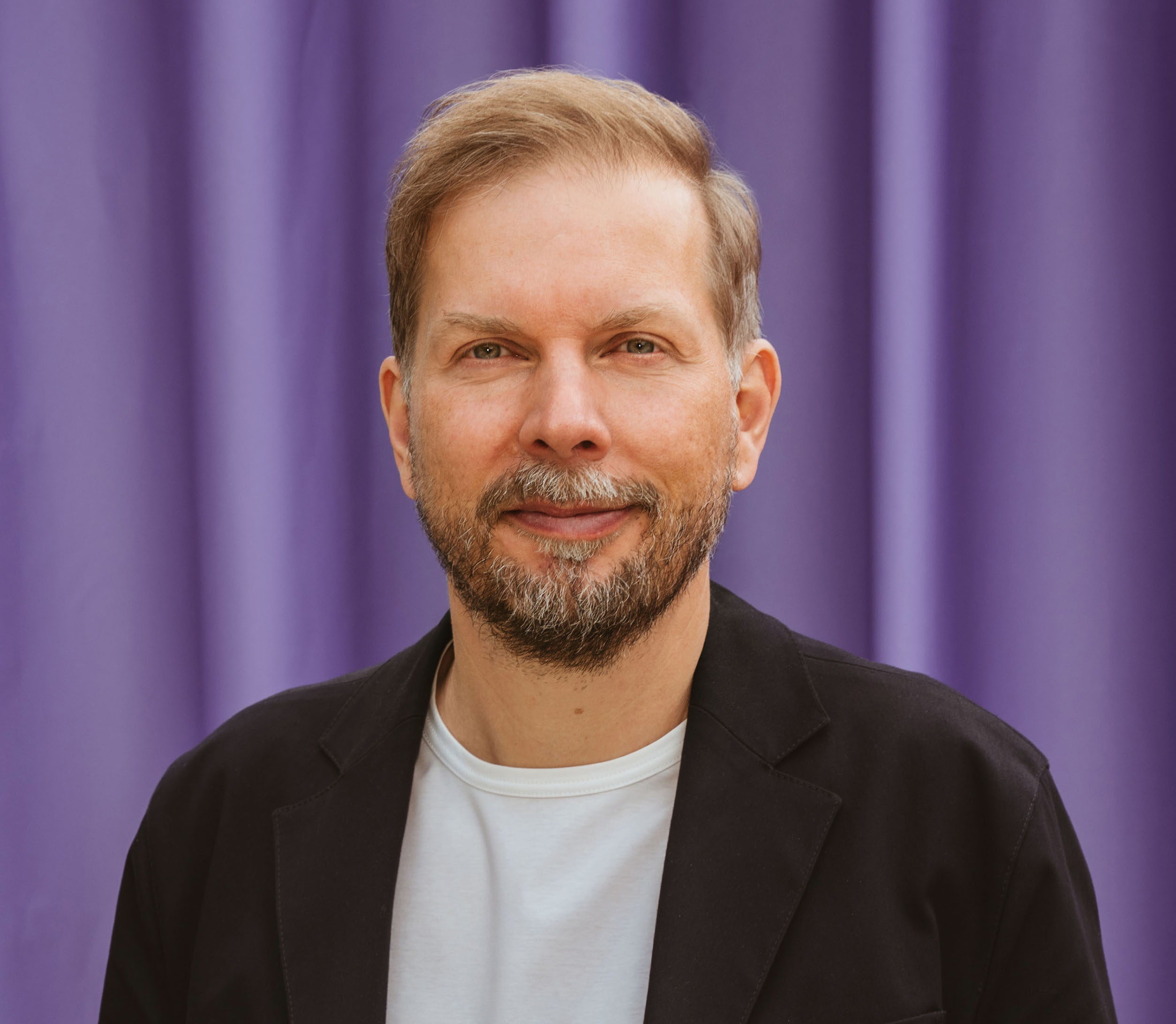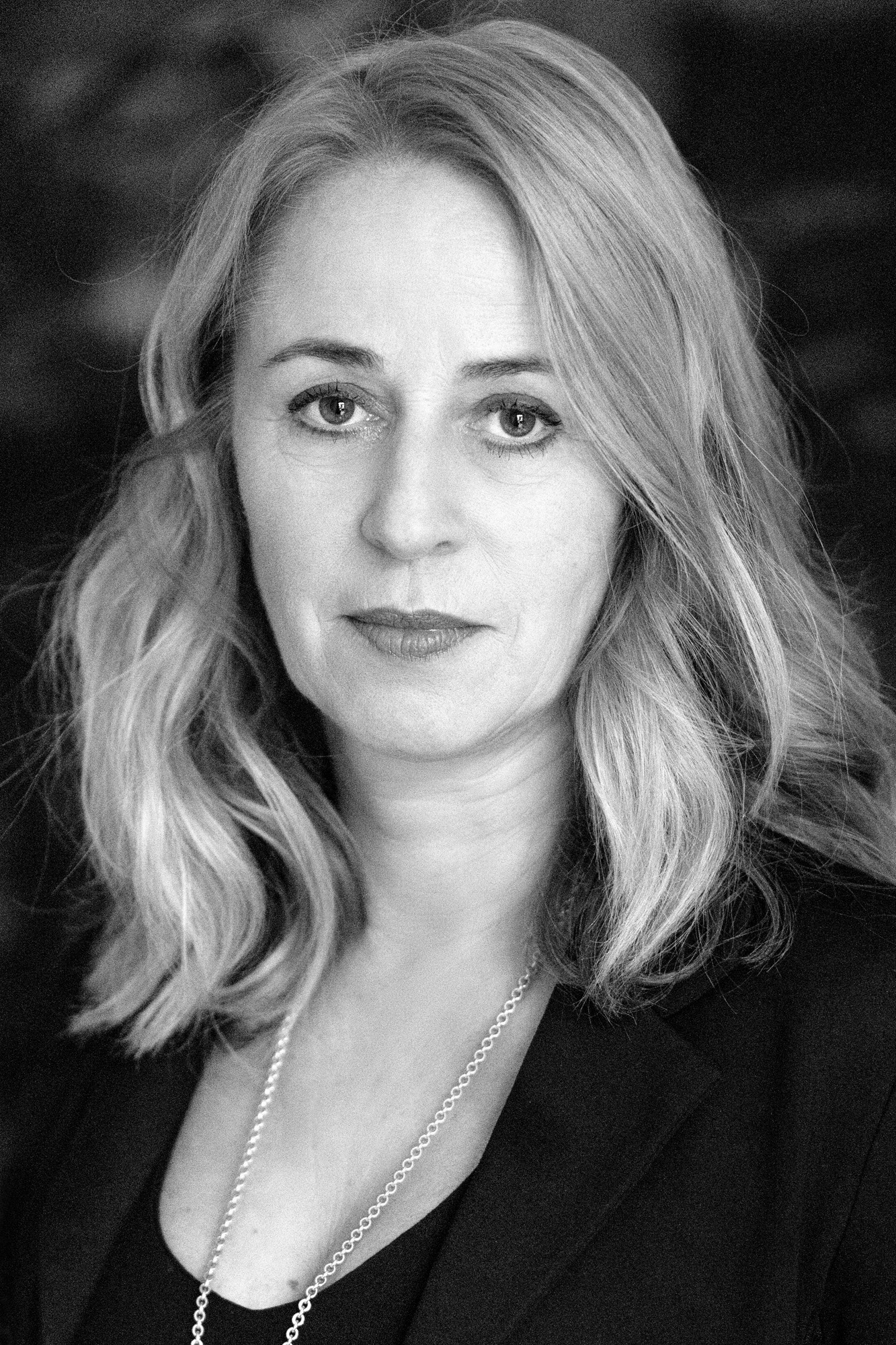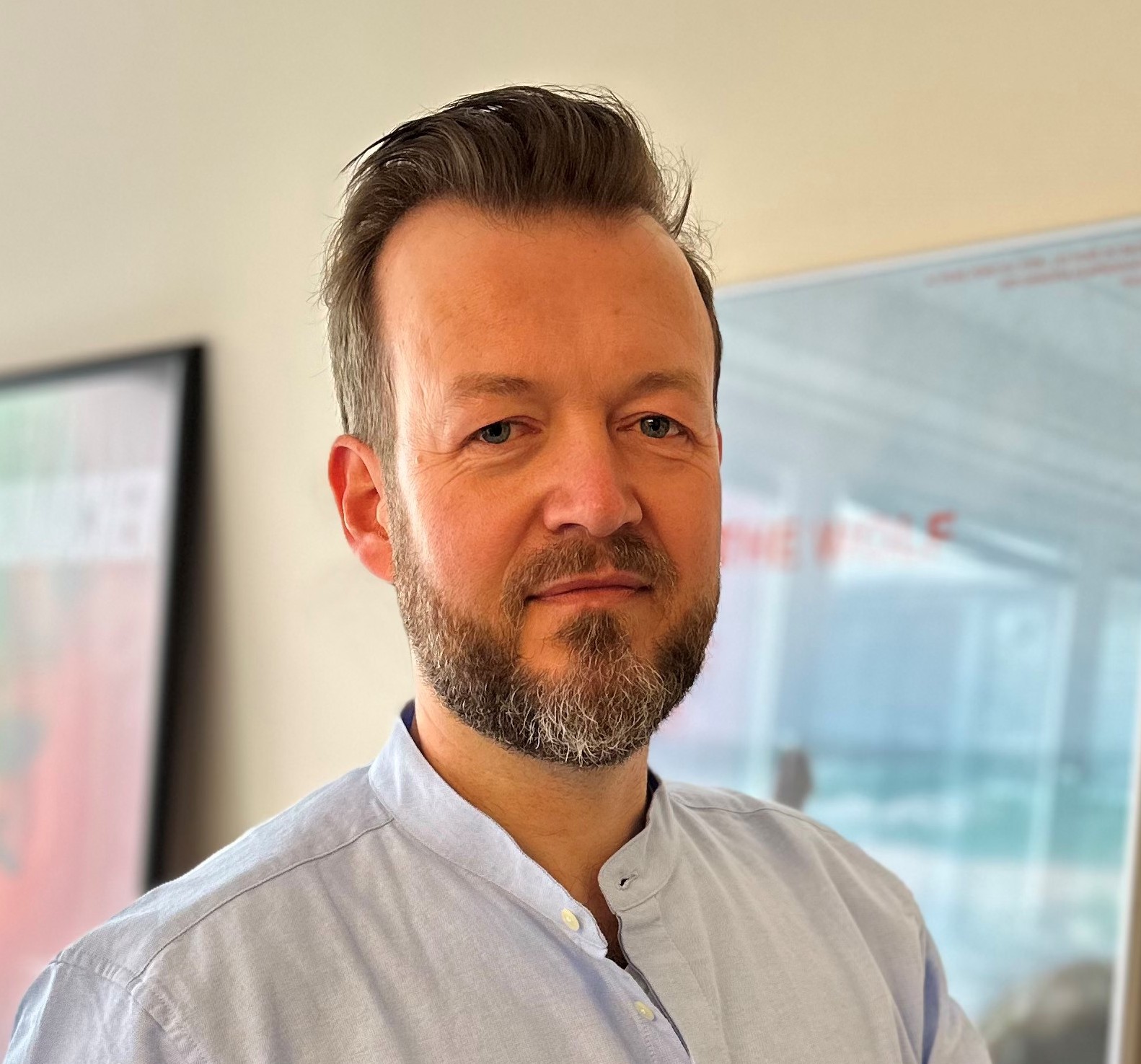Announcements from the USA
If you ask Hamburg filmmakers about the situation in the industry, the conversation quickly turns to the streaming market. The budgets for series productions were full to bursting for years. Screenwriters, directors and actors were able to try out new formats and narrative styles. But now Netflix & Co are cutting funding. Competition for viewers has become tougher and production costs have risen. Providers such as Sky no longer want to produce fictional material in Germany.
Gaby Scheld can judge what this means for the many freelancers. With her agency La Gente, she represents several dozen directors, editors and scriptwriters in the fiction sector. "We are now feeling even more clearly what is being decided in America," she says. "If they say there that viewers are tired of series, then the corresponding orders are collapsing here." Currently, more individual pieces are in demand again.
According to Gaby Scheld, working conditions have also become more American as a result of the "Golden Years". Whereas previously many production teams almost always worked together until the end of a project, now "every script version is always commissioned individually".
At the same time, the shortage of skilled labour is very present, especially in the film and series sector, says MOIN Managing Director Helge Albers. To facilitate lateral entry, MOIN, the City of Hamburg and the Hamburg Media School have been offering the dual trainee programme "GetOnSet" since 2022. With success: according to MOIN, around 85 per cent of the trainees made the transition in 2023. There were also a good 150 applications for the second round. 12 trainees made it onto the programme.
Important reform of film funding
Meanwhile, Benjamin Wüpper is concerned about the order situation in post-production. He manages the business at Optical Art. The company has specialised in editing, colour correction and mastering for cinema and TV films for almost 40 years. "Many service providers are fighting for just a few products," says Wüpper. While prices for TV films have stagnated for years, salaries and costs have risen. Colleagues on set are also complaining about "unprecedented gaps in orders".
"Everyone is now focussing on the reform of national film funding," says Benjamin Wüpper. MOIN alone funded film projects with a total of 18 million euros in 2022. Around half of this went to cinema films. "Hamburg gets more out of comparatively little money," praises Wüpper. NDR and the other public broadcasters are also important for the location. With the amendment, Germany now has the opportunity to set tax incentives like those in Austria, says Wüpper - particularly important for large film productions. Hamburg could also benefit from this.





